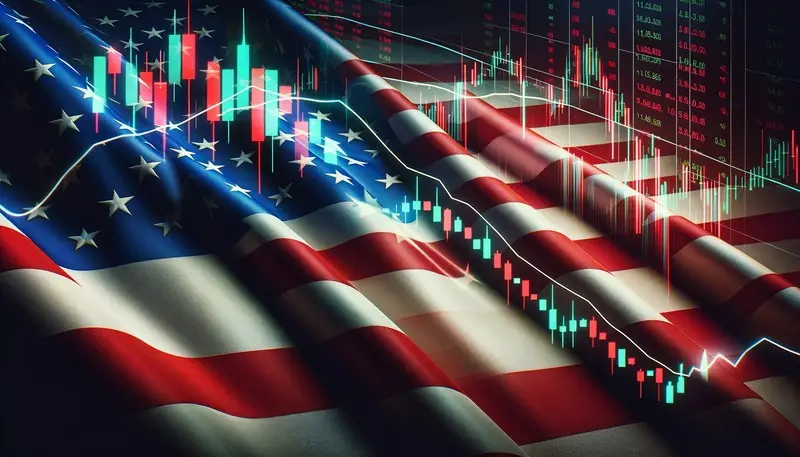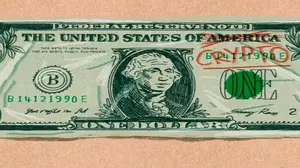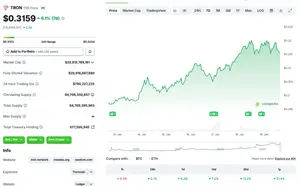The US stock market has plummeted this week following US President Trump’s Liberation Day tariffs. Indeed, the tech sector appeared to be some of the hardest hit, as mega-cap stocks bore the brunt of the sell-off. So, as Apple (AAPL), Alphabet (GOOGL), and Nvidia (NVDA) all fell, which Magnificent 7 stock dropped by the most this week?
Prior to the Trump tariff announcement, many stocks were already struggling in 2025. Macroeconomic concerns and geopolitical tensions have led many to proceed with caution regarding stocks. That has only been made worse by the presence of new 10% baseline tariffs and a brewing trade war
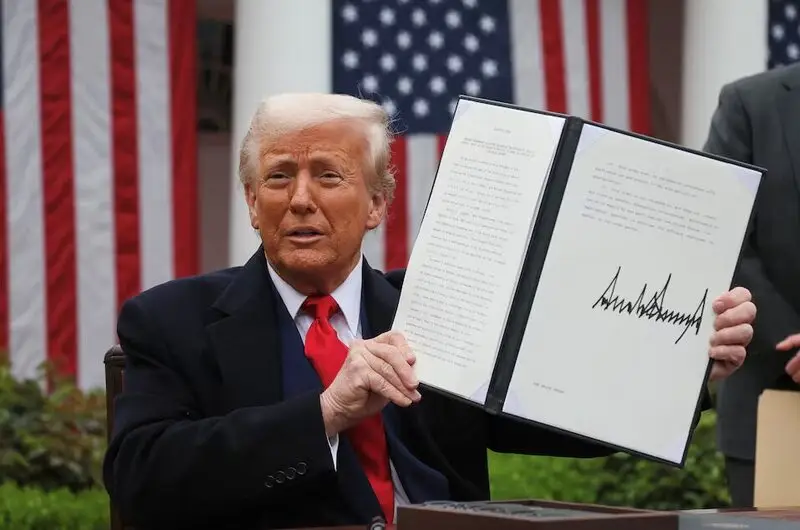
Also Read: Microsoft (MSFT): Why It May Be Best Magnificent Seven Stock in April
Magnificent 7 Hit Hard as Market Nosedives: But Which Fell the Most?
The stock market is nearing collapse after Trump’s mid-week Liberation Day tariff announcement. Indeed, the Dow Jones fell by more than 1,000 points in consecutive trading days. Moreover, the sell-off doesn’t appear to have an end in sight.
One of the most affected has been the mega-cap tech stocks that have ruled the market in recent years. With Apple, GOOGL, NVDA, and Microsoft (MSFT) all affected, which Magnificent 7 stock was hit the hardest by the shift?
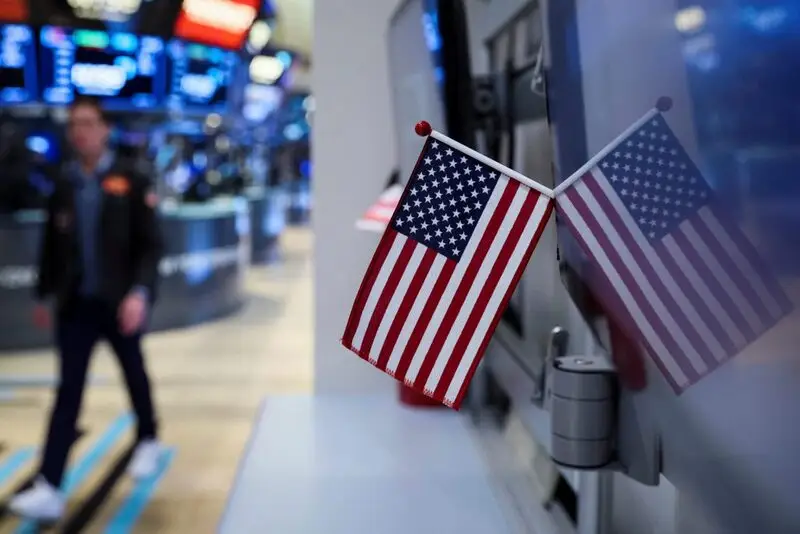
Also Read: Which Magnificent-7 Stock Will Dominate the Market in 2025?
As a collective, the Magnificent 7 lost a remarkable $1 trillion in market cap. On what was the market’s worst day since 2022, Apple dropped more than 4%. Moreover, Microsoft and Alphabet both fell more than 1%. However, all three have continued their decline, with Apple leading the way, dropping an additional 3.7%.
They weren’t the only ones affected, as Amazon (AMZN) dropped 1.1%, Nvidia plummeted 6.8%, META fell 39%, and Tesla (TSLA) rounded out the list, dropping more than 9%. Of that crop, Nvidia continued its fall, losing another 6%, with Tesla also dropping 8.5%.
Of the Magnificent 7, both Nvidia and Tesla have dropped the most since the Trump tariff plan was announced. However, both stocks were falling before the plan surfaced, so the decline is more of a continuation of its 2025 fortunes than a shift in investor sentiment.
